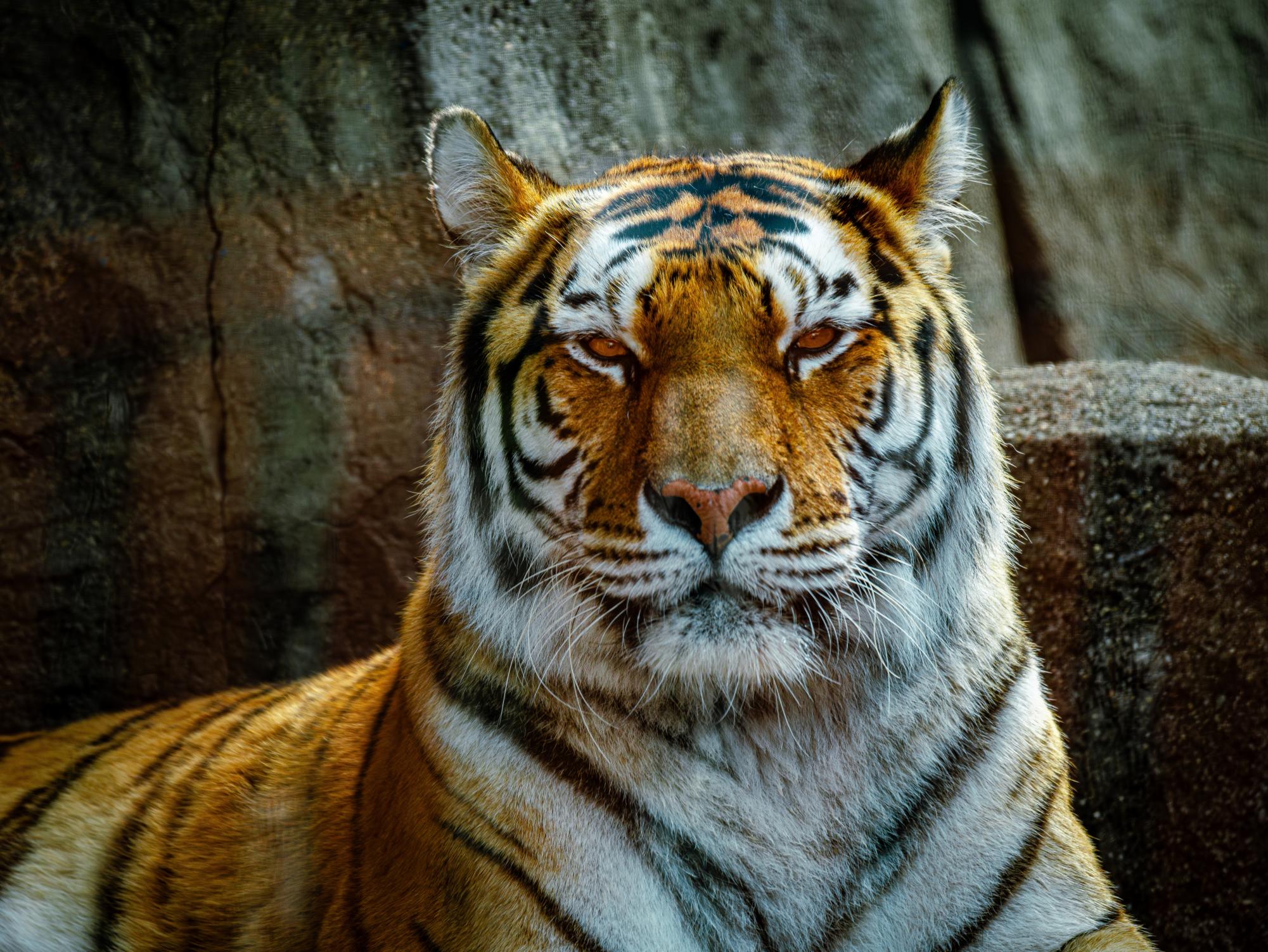Toledo Zoo plans to study how eclipse affects animal behavior
While many wonder how the solar eclipse will affect roads, grocery stores and communication services, what about asking how it will affect animals? The Toledo Zoo is hosting an event to not only celebrate and watch the eclipse occur but also to see how animal behavior may potentially be affected. “We’re excited to be in... The Toledo Zoo is hosting a Total Eclipse at the Zoo event to celebrate and watch the eclipse, but also study animal behavior. The zoo is inviting the community to participate in research conducted during the event, which includes free eclipse glasses and observing animals in the zoo's Arctic Encounter, polar bears and wolves. Beth Posta, the zoo’s curator of behavioral husbandry and wellbeing, said the zoo is excited to see what happens, but they don't know what to expect from most animals. The data collected will be used for their own use and management, but there is a potential collaboration with others on this study.

Publicerad : ett år sedan förbi Andrew Kish i Lifestyle
While many wonder how the solar eclipse will affect roads, grocery stores and communication services, what about asking how it will affect animals?
The Toledo Zoo is hosting an event to not only celebrate and watch the eclipse occur but also to see how animal behavior may potentially be affected.
“We’re excited to be in a total path of totality here around 3:13 p.m.,” said Jen Brassil, the Toledo Zoo’s director of PR and communication events. “So, we’re going to be opening up our amphitheater doors, and we have some Toledo Zoo branded eclipse glasses for free that we’ll be passing out while supplies last.”
If watching the eclipse brings excitement, the zoo is also inviting the community to take part in some of the research the attraction will be conducting while the eclipse is happening. The zoo is inviting visitors to make observations about how animal behaviors might change before, during and after the moon passes between the sun and Earth.
Beth Posta, the Toledo Zoo’s curator of behavioral husbandry and wellbeing, said she and zoo staff are excited to see what happens, but they don’t know what to expect from a majority of animals.
“It’s really interesting to see how the circadian rhythm might change for some of these animals because they’re programmed to perform different behaviors at different times of the day, different times of the year—behavior changes based on season,” said Posta.
She also said the zoo is excited to have the chance to involve and work with the community.
“We’re going to have some citizen science going on during the day of the eclipse. We’re also really excited to engage our community and visitors,” she said.
There are certain areas that will be observed, including animals in the zoo’s Arctic Encounter, the polar bears and wolves, and at Tiger Terrace they’ll be looking at the brown bears, tigers and cougars. They also plan to look at a few of their bird species and primates if the temperatures permit.
Though one might question the reason for studying the behaviors, Posta said it allows people to learn more about animals’ lives.
“A total eclipse happens so infrequently that it really gives us an opportunity to study different aspects of the animal’s lives and just their natural history,” she said.
While what’s expected of the animals at the Toledo Zoo remains somewhat of a mystery, there are a few small predictions on what could happen.
“What we’re kind of anticipating is that as the daylight diminishes, I would imagine that some of the animals will see that as a trigger to kind of go to bed for the animals that are diurnal, the animals that are active during the day,” said Posta. “For animals that are nocturnal, it would be really interesting to see if they start waking up.”
Though zoo staff said that as of now, the data collected is going to be for their own use and management, there is still a chance they may collaborate with others on this study.
“Depending on what other zoos are doing, there’s always the potential that we could collaborate and combine our data later on,” she said.
In the end, staff and community members can make their predictions, but it is ultimately up to the animals themselves with how they behave.
“We’re excited to see all of the things that may come out of this with our animals and how they’re going to tell us what it’s like for them,” said Posta.
The Total Eclipse at the Zoo event takes place April 8 from 10 a.m. to 4 p.m. For more information, visit the zoo’s website.
